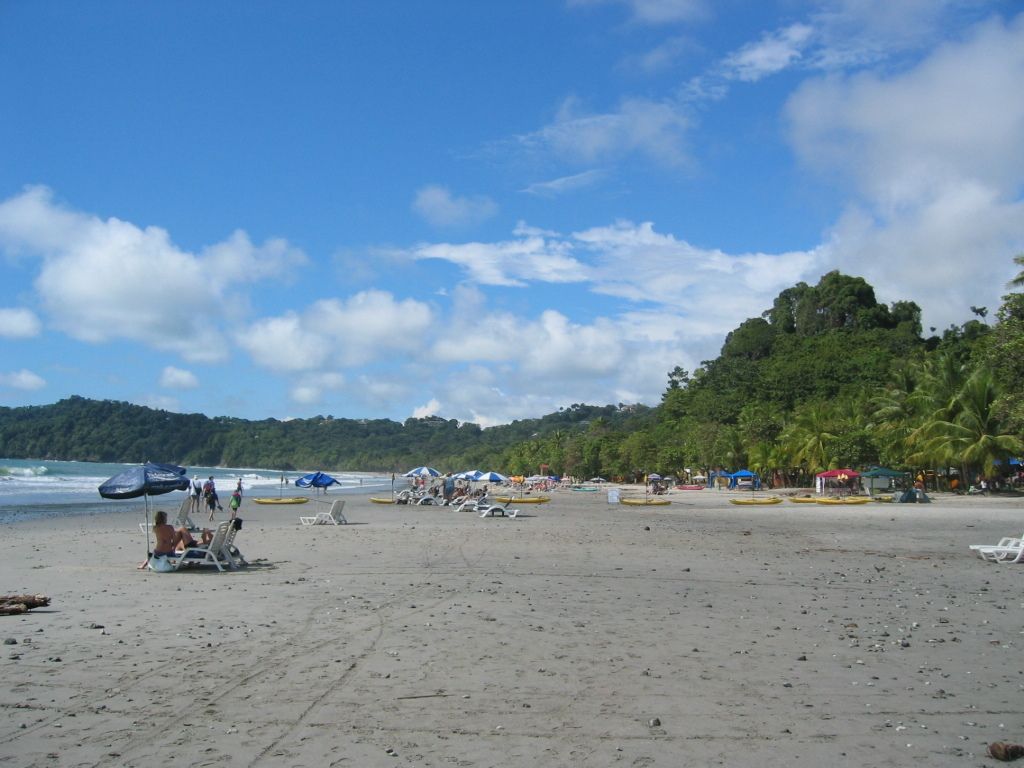International Financial Turbulence and High-Priced Loans Linked to Donald Trump Affecting Africa's Economic Stability
On the brink: Africa's struggle against crippling debt
There's no sugarcoating it – the growth of Africa is under siege. Trevor Manuel, an esteemed politician and anti-apartheid activist, points the finger at international lenders for imposing punishingly high borrowing costs, while the erratic whims of the U.S. administration only add fuel to the fire.
Manuel, leading the G20 experts panel, is working on game-changing proposals to tackle the continent's debt crisis. Slated for presentation at the G20 summit in November in South Africa, these proposals aim to ease the financial burden on African nations.
Curiously, African countries may not be more indebted than major economies. But the colossal costs of debt service – the cost of repayment – tell a different story, according to Manuel. In an interview with Agence France-Presse (AFP), he explained, "We know that ratings are unfavorable to African countries, we know that risk premiums in Africa are generally much higher than they should be, and this impacts the costs of debt service, which become incredibly high and prohibitive."
Service Costs vs. Social Goods
A troubling statistic: more than half of Africa's population lives in countries where debt service costs outpace precious funds allocated for societal goods such as healthcare, education, and infrastructure1. South Africa, the only African nation in the G20 and currently the president, has prioritized the debt sustainability of developing countries as a key agenda item for the G20 partnership, which includes 19 countries, the African Union (AU), and the European Union.
This year, African countries are projected to cough up almost $89 billion in debt service, with 20 low-income nations verging on the brink of debt distress2[3]. Furthermore, President Trump's frenetic policy shifts have cast a long shadow over the continent. Abrupt changes in global governance, such as deep cuts in U.S. aid and trade tariffs, have left African economies reeling[3].
Proposed Solutions
The see-saw nature of American policies has Manuel worried. The capricious decision in April to slap steep tariffs on African goods ended the African Growth and Opportunity Act (AGOA) for many countries, weighing heavily on their economies[3]. Lesotho, for instance, faced a 50% tariff on its exports to the United States, while Madagascar grappled with a 47% tariff[3]. Yet, Trump later suspended these tariffs for 90 days, though they still apply at a minimum rate of 10%.
The sudden closure of the American development agency USAID and the subsequent suspension of American humanitarian aid, along with pressures on NATO member countries to beef up their defense budgets, spell trouble for Africa. Manuel predicts these developments will have a devastating impact on the continent[3].
The work of Manuel's panel addresses the complexity of Africa's economic woes, with a promise of further collaboration beyond the G20's Horizon. This includes ongoing efforts through the Economic Commission for Africa of the United Nations (UN) and the AU, as well as research on "intra-African dynamics," such as the impact of the African Continental Free Trade Area[3].
Stung by conflicts in Sudan and hindrances to a major gas project in northern Mozambique, Manuel calls for a stronger UN and AU to steer countries toward better policies aimed at improving their citizens' livelihoods. As he puts it, "When countries spend more on war than on improving the living conditions of their populations, then we are facing deep consequences."
Stay informed, follow us on WhatsApp. Get essential news from Africa on WhatsApp with the "Le Monde Afrique" channel.
[3]: Enrichment Data
- Solutions:
- Addressing debt sustainability for low-income countries
- Improving data visibility and reducing risk perceptions
- Advocating for reforms to reduce capital charges
- Stakeholder dialogues and technical reports.
These solutions aim to address systemic inequities and high interest rates facing African countries, promoting a fairer and sustainable financial landscape for development.
- In the context of Africa's debt crisis, Trevor Manuel, leading the G20 experts panel, is advocating for game-changing proposals to ease the financial burden on African nations, which are aimed at tackling the continent's debt sustainability.
- Beyond the G20's Horizon, ongoing efforts include collaboration through the Economic Commission for Africa of the United Nations (UN) and the African Union (AU), research on intra-African dynamics, and addressing systemic inequities and high interest rates facing African countries, with the goal of promoting a fairer and sustainable financial landscape for development.




